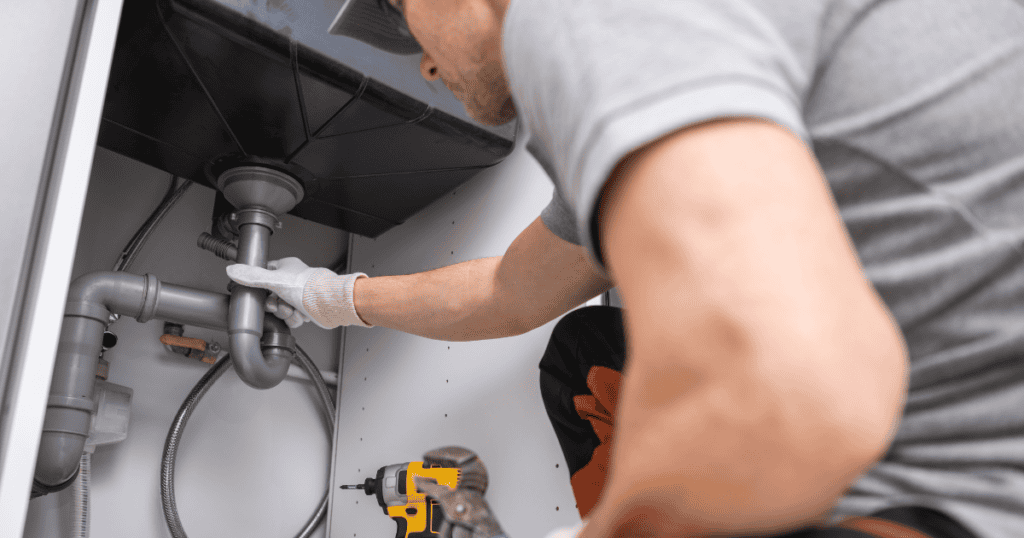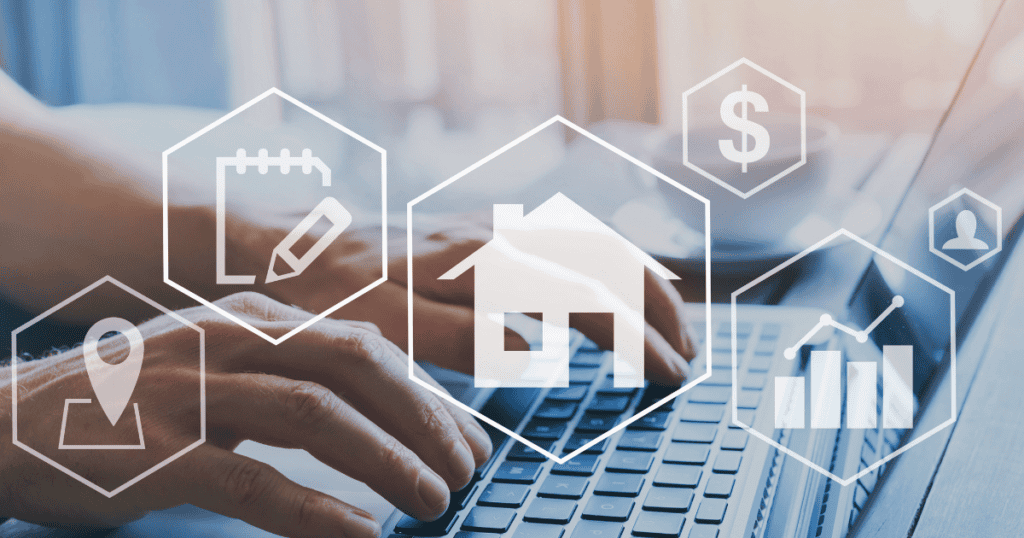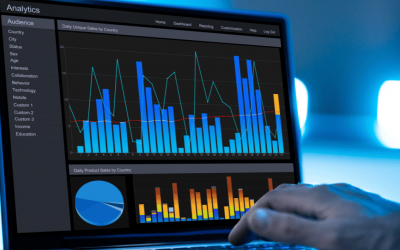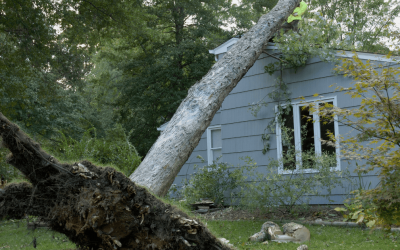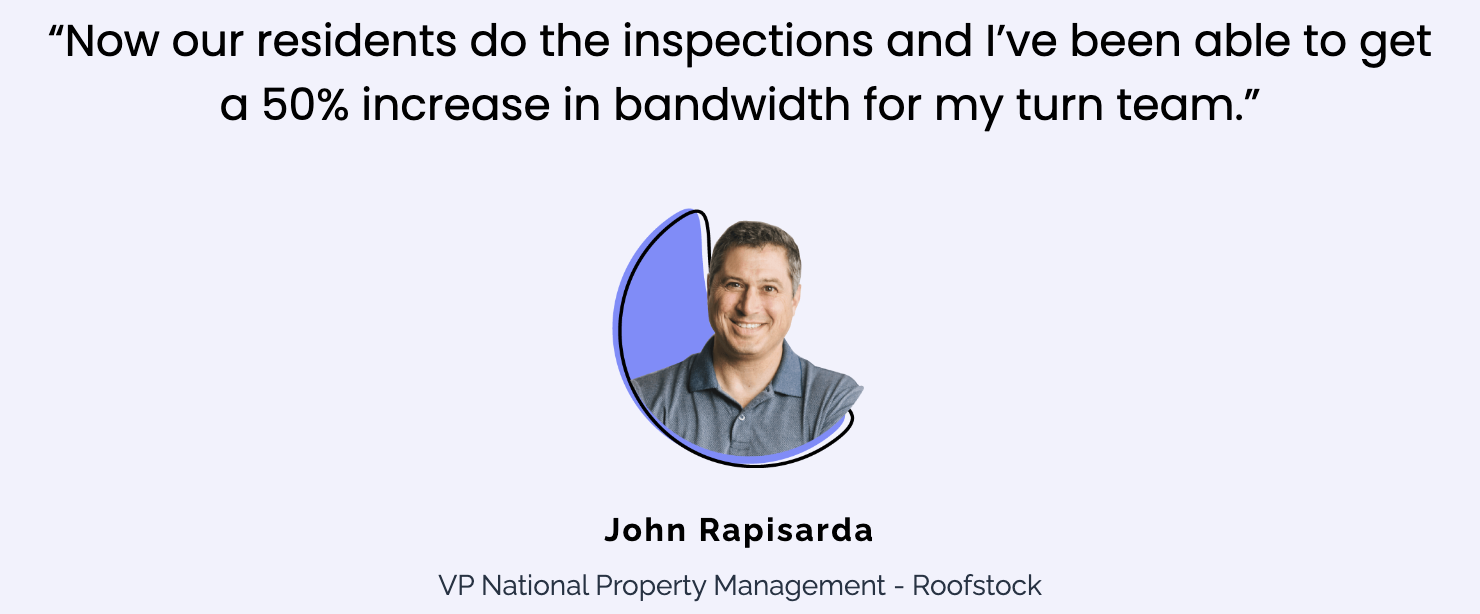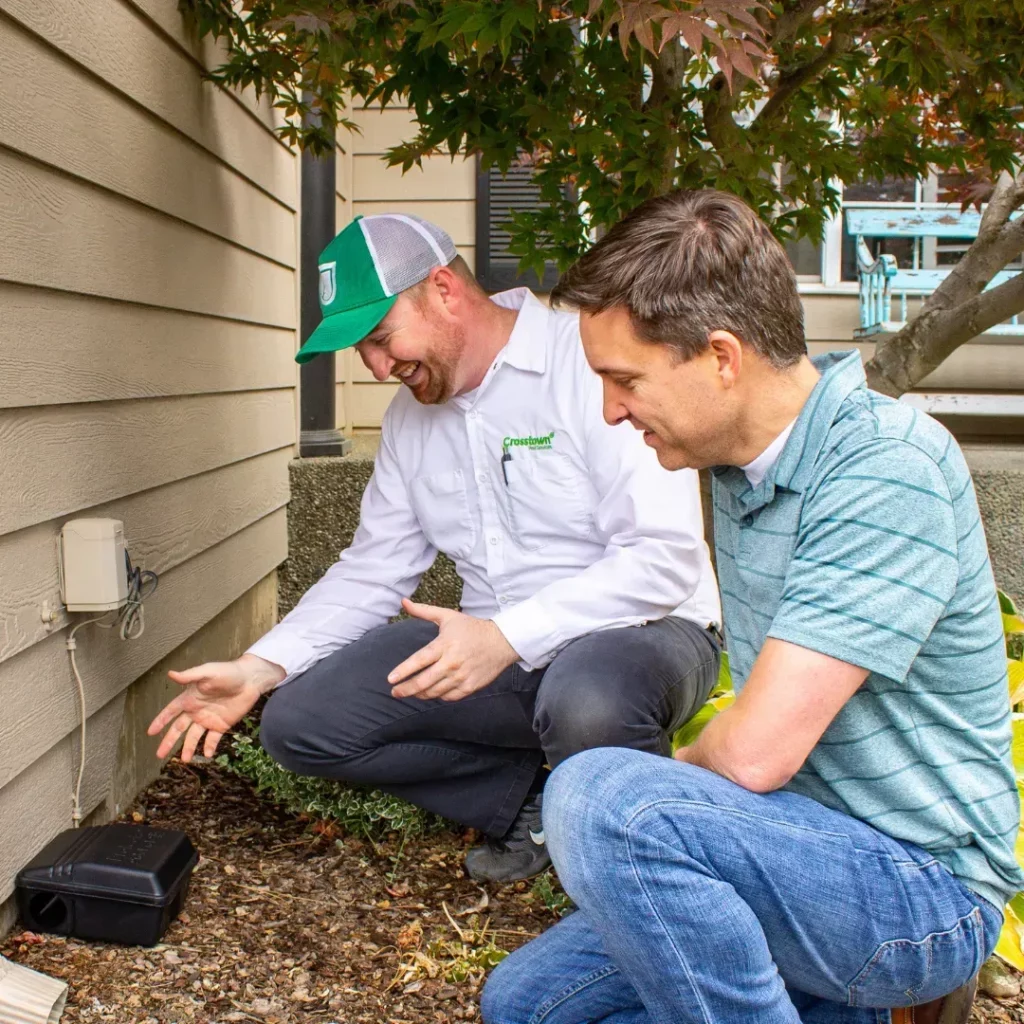As a property manager, you’re juggling numerous tasks—handling tenant requests, managing financials, and staying on top of leasing activities, to name a few. In this fast-paced environment, it can be tempting to put off non-urgent maintenance issues. After all, if the roof isn’t leaking or the HVAC hasn’t broken down completely, what’s the harm in waiting?
Unfortunately, delaying maintenance can have significant consequences, not only for your property but also for your business. The cost of inaction may seem invisible at first, but over time, it adds up—impacting your bottom line, tenant satisfaction, and even the long-term value of your property. Let’s break down why taking a proactive approach to maintenance is critical to the health of your property and your profits.
1. Small Problems Become Big (and Expensive) Problems
One of the most important reasons to stay on top of maintenance is that minor issues tend to escalate quickly. What starts as a small crack in the wall, a leaky faucet, or a slightly malfunctioning appliance can evolve into a costly emergency if left unattended. Here’s why:
- Water damage from a small leak can spread, damaging floors, walls, and even the foundation.
- Mold can start growing in damp areas, leading to health risks and requiring expensive remediation.
- HVAC issues left unresolved can lead to total system failure, costing thousands to replace.
By addressing these issues early, you can avoid the significant costs associated with emergency repairs. Preventative maintenance allows you to resolve issues before they spiral out of control, saving money in the long run.
2. Delaying Maintenance Hurts Tenant Satisfaction
Tenants expect their homes to be safe, comfortable, and well-maintained. If they see that you are delaying maintenance requests, their perception of your property management will suffer. Even minor inconveniences like broken fixtures or delayed repairs can lead to frustration. This directly impacts tenant satisfaction, and dissatisfied tenants are more likely to:
- File complaints. Unresolved maintenance requests can cause frustration and increase communication headaches.
- Leave negative reviews. Bad reviews can tarnish your reputation, making it harder to attract new tenants.
- Move out at the end of their lease. High tenant turnover is costly, as you’ll need to invest in marketing, showing the unit, and preparing it for new renters.
In contrast, when tenants feel that their maintenance requests are handled promptly and professionally, they’re more likely to stay longer, reducing vacancy rates and keeping your revenue steady.
3. Deferred Maintenance Lowers Property Value
Another hidden cost of delaying maintenance is its impact on your property’s value. Properties in poor condition naturally depreciate faster. Major issues, such as structural damage, outdated appliances, or malfunctioning systems, can reduce the market value of your property, especially if you’re planning to sell or refinance.
Potential buyers or investors will scrutinize the condition of the property, and deferred maintenance can lead to lower offers or expensive negotiations. Even appraisers will factor in the overall condition of your property when determining its worth. Keeping up with regular maintenance ensures your property retains or even increases its value over time.
4. Maintenance Delays Can Lead to Legal Issues
When certain maintenance tasks are delayed for too long, property managers may face more than just repair costs—they could also face legal trouble. Issues like plumbing problems, heating malfunctions, or electrical hazards can make a property uninhabitable, violating local landlord-tenant laws. In some cases, you may face fines, lawsuits, or forced vacancy periods to bring the property back up to code.
Staying on top of routine maintenance, such as HVAC inspections, plumbing checks, and electrical upkeep, helps you avoid these costly and stressful legal battles.
5. Deferred Maintenance Decreases NOI
Your Net Operating Income (NOI) is the heartbeat of your property management business. Deferred maintenance can negatively affect NOI in several ways:
- Higher repair costs when minor issues escalate into expensive emergencies.
- Increased turnover as tenants leave due to dissatisfaction.
- Higher vacancy rates if your property’s condition deteriorates and becomes less appealing to new tenants.
- Longer repair times for deferred issues, leaving units unrentable for longer periods.
When your maintenance processes are efficient and proactive, you’ll experience fewer disruptions to cash flow and protect your NOI.
How Latchel Helps You Stay Ahead of Maintenance
At Latchel, we know that maintaining properties efficiently is one of the biggest challenges property managers face. That’s why we offer a proactive maintenance platform designed to keep your properties in top shape while minimizing costs. At Latchel, we help:
- Significantly reduce operational costs
- Fix 30% of maintenance tickets up front
- Resolve or de-escalate 48% of emergencies
Conclusion: The True Cost of Doing Nothing
While it might be tempting to push maintenance tasks down the list of priorities, the cost of inaction is significant. Delaying maintenance increases repair costs, reduces tenant satisfaction, lowers property value, and threatens your NOI. By staying proactive and addressing maintenance issues promptly, you’ll save money, improve tenant retention, and protect the long-term value of your properties.
Ready to see how Latchel can help you manage maintenance more efficiently and save money? Book a demo today to learn more about our all-in-one property management platform.


